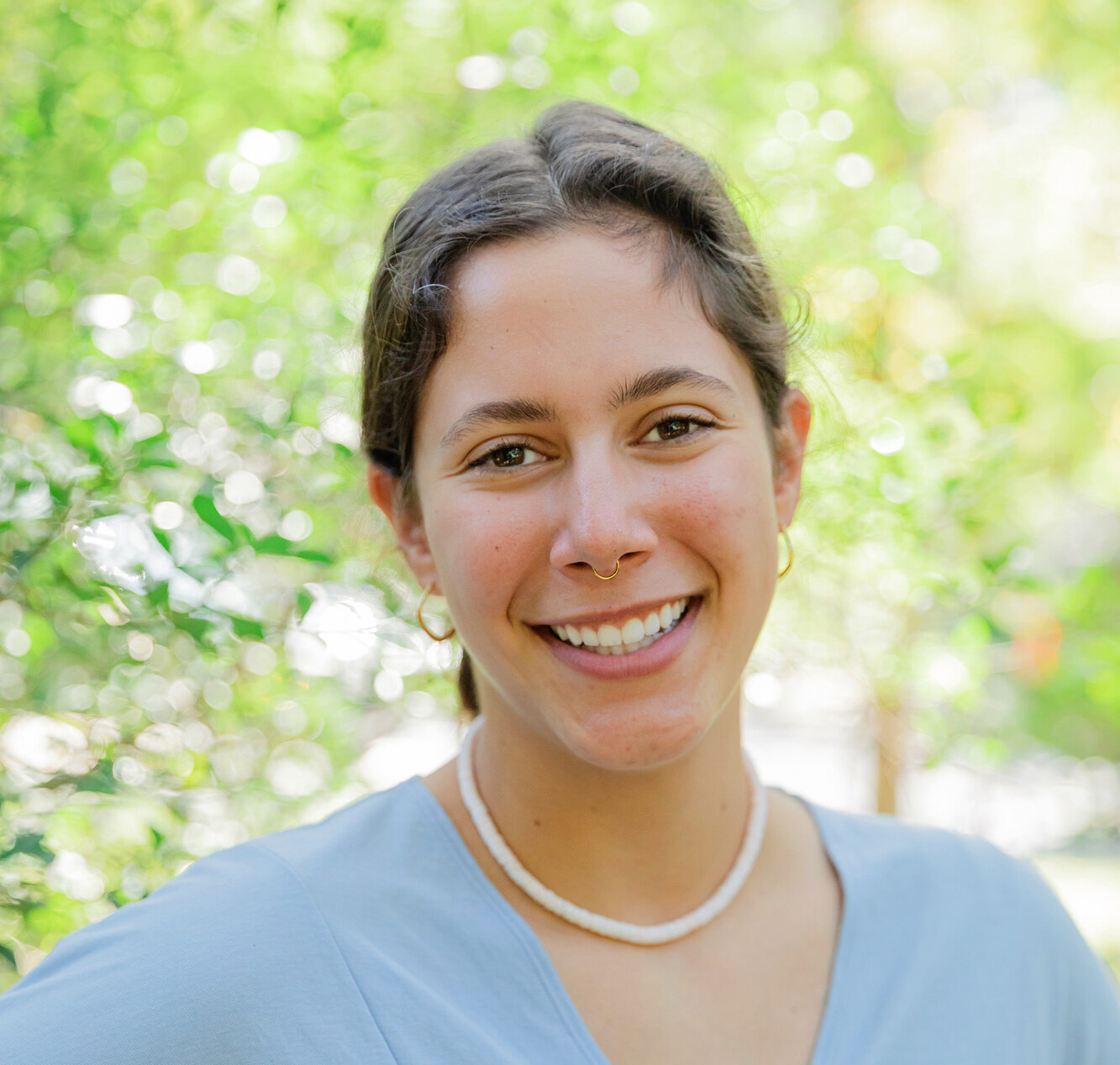
Photo: Armando Carrada Photography
Molly Dorgan’s relationship with her hometown of Waynesville is complicated. Growing up in the town of 10,000 people, nestled between the Great Smoky and Blue Ridge Mountains in Western North Carolina, she loved the community. But, she knew she would have to leave Waynesville to chase her dreams. She worried, for herself and for her friends, that the local schools didn’t have the resources to prepare them for the journeys ahead.
Through the Emerging Leaders for Liberation program, Molly is creating educational pathways for the next generation of young people from the region. With support from AFSC, and in partnership with schools across Western North Carolina, Molly organized the Field Summit this fall to help local students overcome the financial barriers, inadequate educational structures, and cultural differences that might keep them from college.
Molly understood growing up that she had an advantage. Her parents sent her to science and math summer camps where she not only sharpened her skills but also learned how to pick a college and then apply to it and reduce the cost through scholarship and support. As she headed off to the University of North Carolina at Chapel Hill supported by a Morehead-Cain Scholarship, her peers in Waynesville were never far from her mind.
Molly spent her first two years at UNC putting Quaker values into action, making the campus more welcoming as an UNC DEI Fellow and diving into public service as a Buckley Public Service Scholar and a member of Pi Beta Phi Fraternity for Women. She also studied the factors that keep students in places like Waynesville from getting to and succeeding in the best colleges.
When she learned about the ELL program, she saw it as an opportunity to make an impact on these issues by sharing her experiences with the young people back home and helping them chase their own dreams. The event, hosted on October 22, was attended by 25 young people, and included conversations and workshops that prepared them to get to, and thrive in, college. Students gained practical knowledge and skills on building their resumes, interviewing, volunteering and mentorship, and telling their stories in college essays.
Planning the event was a learning experience for Molly, too. She was surprised by the number of professionals throughout the community who were eager to pitch in when asked. And she gained a newfound appreciation of and understanding of their career paths.
She sees the event as the spark of something that can grow in the years to come. Starting with the curriculum that she developed and the relationships she built for the event, she’s considering how to build out a local mentoring initiative and virtual library of college access and success resources for students in underfunded rural schools. Molly says, “I want every young person in the area to know that people want them to succeed and can help them succeed. Together we can build a network that supports them.”